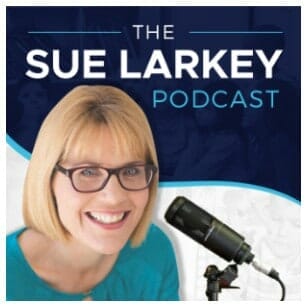
**************************************
Join me for an upcoming Workshop:
Can't make these Workshop dates? Join me for a self-paced on-demand course:
Sue Larkey On-Demand Workshops
**************************************
Dr Norrine Russell’s Insights into ADHD & AS
Introduction:
In our latest podcast episode, Dr. Norrine Russell, an esteemed psychologist and educator, shares her profound insights into the world of neurodiverse children, particularly those with Autism, ADHD, and related conditions. As a mother and a professional, Dr. Russell offers unique perspectives that resonate with educators and parents alike.
Key Highlights and Timestamps
1. Understanding Neurodevelopmental Disorders as Symptoms
(00:04:06): Dr. Russell stresses the importance of viewing behaviors in neurodiverse children as symptoms of their condition, fostering a more empathetic approach.
2. Complexities of ADHD Treatment
(00:06:04): Treatment for ADHD extends beyond diagnosis, emphasizing the need for a multimodal approach including medication, therapy, and supportive strategies.
3. Autism’s Individual Manifestations
(00:07:12): Recognizing autism’s unique presentation in each child is crucial for effective support and intervention.
4. Importance of Parent-Teacher Collaboration
(00:16:15): Dr. Russell underscores the value of open communication between parents and teachers to share strategies and insights.
5. Leveraging Technology in Education
(00:37:02): Technology can be a significant aid, particularly for neurodiverse children, in maintaining consistency and accessibility in education.
Actionable Strategies for Educators and Parents:
- Promote Open Communication: Foster a dialogue between home and school to understand the child’s needs in different environments.
- Tailor Learning Approaches: Adapt teaching methods to fit the unique needs of each neurodiverse child.
- Focus on Skill Development: Prioritize executive functioning skills, including organization and time management.
- Create a Supportive Environment: Minimize sensory overload and establish clear routines.
- Utilize Technological Tools: Implement platforms for tracking assignments and effective communication.
External Resources for Further Learning:
- Russell Coaching – Blog and Podcasts
- Understood.org – Resources on ADHD and Learning Disabilities
- Child Mind Institute – Guides on Child Development
- ADDitude – Strategies and Support for ADHD
Conclusion:
Dr. Norrine Russell’s insights and suggestions offer a roadmap for educators and parents to better understand and support neurodiverse children. By embracing these strategies, we can create an environment conducive to the growth and learning of every child.

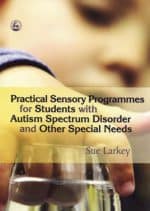
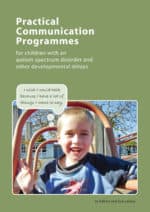
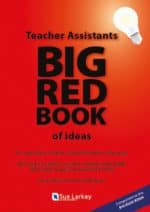
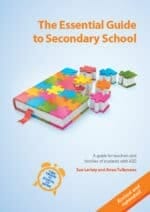

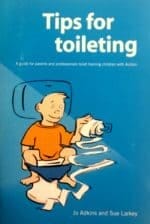
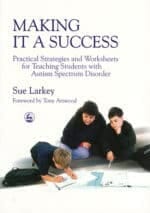

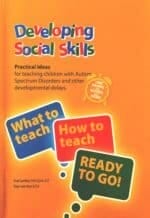
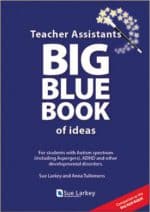

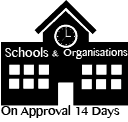
 Sorry we no longer ship items outside Australia. Please consider the digital versions of Sue’s Books –
Sorry we no longer ship items outside Australia. Please consider the digital versions of Sue’s Books – 